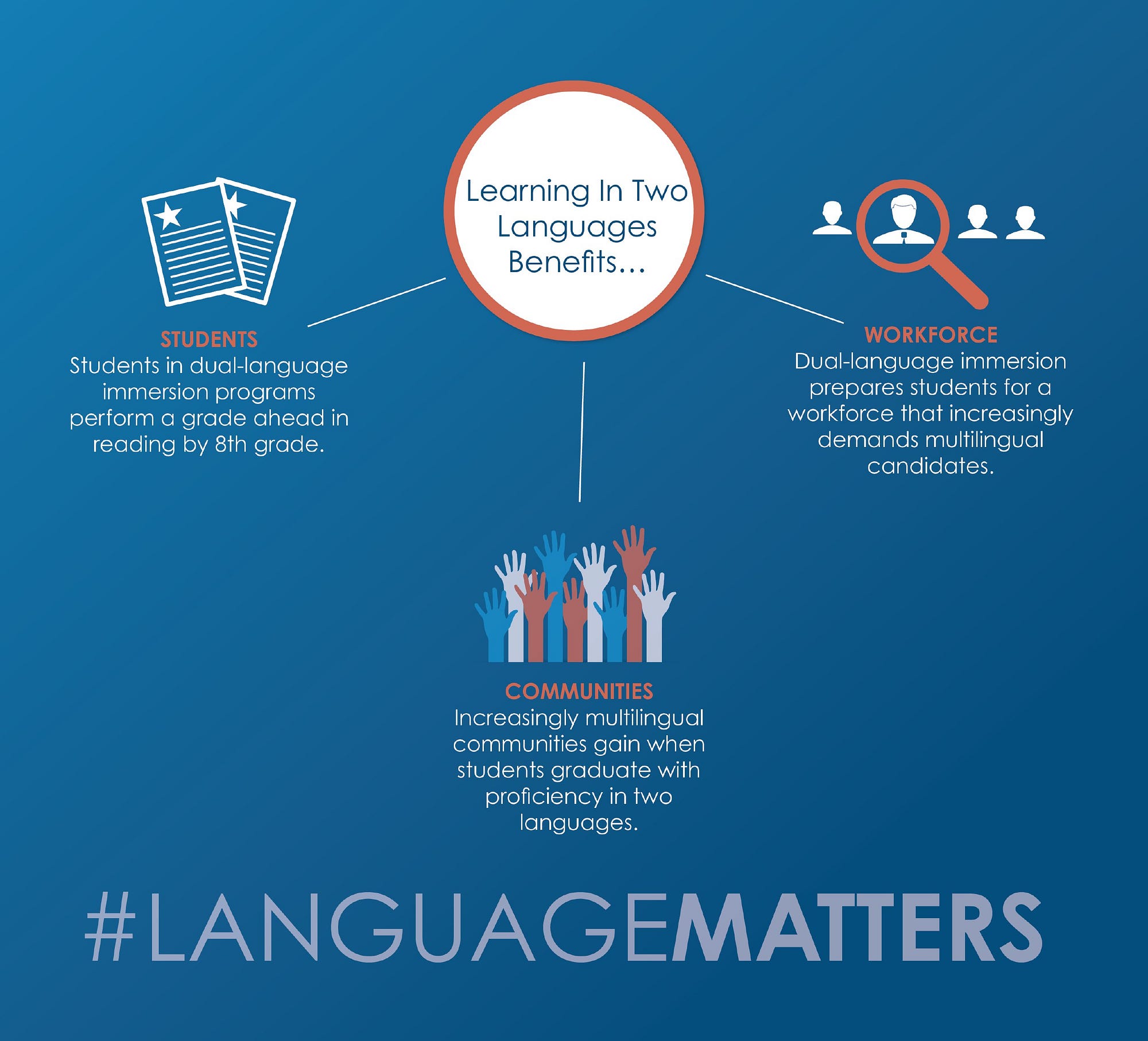Benefits of Dual Language Programs
Dual language programs have gained significant popularity in recent years due to their numerous benefits for students. In this article, we will explore the advantages of dual language programs and how they can positively impact a student’s educational journey.
Enhanced Cognitive Skills
Dual language programs provide an excellent opportunity for students to develop enhanced cognitive skills. Research has shown that learning multiple languages can improve critical thinking, problem-solving abilities, and creativity. By engaging in dual language programs, students are constantly exposed to different linguistic structures and patterns, which stimulates their brains and enhances their overall cognitive abilities.
Bilingualism and Multilingualism
One of the primary benefits of dual language programs is the development of bilingualism or multilingualism. By learning two or more languages, students become proficient in both their native language and the target language(s). This not only broadens their communication skills but also opens up a world of opportunities for future academic and professional growth.
Cultural Understanding and Appreciation
Another significant advantage of dual language programs is the promotion of cultural understanding and appreciation. When students learn a new language, they also gain insights into the culture, traditions, and values associated with that language. This exposure fosters a sense of respect and appreciation for different cultures, leading to a more inclusive and diverse society.
Academic Achievement
Studies have consistently shown that students in dual language programs tend to outperform their monolingual peers in various academic areas. Learning multiple languages enhances overall cognitive abilities, which positively impacts academic performance. Additionally, being bilingual or multilingual provides students with a competitive edge in the job market, as employers increasingly value individuals with strong language skills.
Social and Emotional Benefits
Dual language programs also offer social and emotional benefits to students. By interacting with peers from different linguistic backgrounds, students develop cross-cultural communication skills, empathy, and a global mindset. This exposure to diverse perspectives fosters a sense of belonging and acceptance, contributing to positive social and emotional development.
Parental Involvement
Dual language programs often require active parental involvement, which further strengthens the educational journey of students. Parents play a crucial role in supporting and reinforcing language learning at home. This collaboration between parents and educators creates a strong support system for students, enhancing their language acquisition and overall academic success.

Dual language programs offer a multitude of benefits to students, ranging from enhanced cognitive skills and bilingualism to cultural understanding and academic achievement. By participating in such programs, students gain a competitive edge in an increasingly globalized world. Dual language programs are a valuable educational approach that prepares students for success in both their personal and professional lives.
Frequently Asked Questions about Benefits of Dual Language Programs
1. What are dual language programs?
Dual language programs are educational programs where students receive instruction in two languages, typically their native language and a second language.
2. What are the benefits of dual language programs?
Dual language programs offer numerous benefits, including:
Improved cognitive skills
Better problem-solving abilities
Enhanced cultural understanding
Increased job opportunities
Improved academic performance
3. How do dual language programs improve cognitive skills?
Research has shown that learning two languages simultaneously enhances cognitive abilities such as memory, attention, and problem-solving skills.
4. How do dual language programs enhance cultural understanding?
By learning another language, students also gain exposure to different cultures, traditions, and perspectives, fostering a greater appreciation and understanding of diversity.
5. Do dual language programs provide better job opportunities?
Yes, individuals who are bilingual or multilingual have a competitive edge in the job market, as they can communicate with a wider range of people and have a better understanding of different cultures.
6. Do dual language programs improve academic performance?
Studies have consistently shown that students in dual language programs tend to outperform their monolingual peers in various academic areas, including reading, writing, and math.
7. Are dual language programs suitable for all students?
Dual language programs are beneficial for students of all backgrounds and abilities. They can support both English-speaking students and those who speak a language other than English at home.
8. How long does it take to become proficient in both languages?
The time it takes to become proficient in both languages varies depending on factors such as the student’s age, language exposure, and individual abilities. However, students typically achieve a high level of proficiency within a few years.
9. Are dual language programs available at all grade levels?
Dual language programs are increasingly offered at various grade levels, from preschool through high school. However, availability may vary depending on the school or district.
10. How can parents support their child in a dual language program?
Parents can support their child’s dual language learning by encouraging language use at home, exposing them to books and media in both languages and fostering a positive attitude towards language learning.




